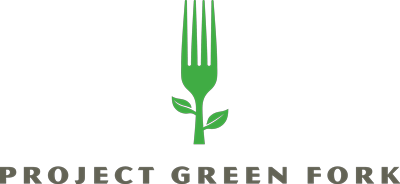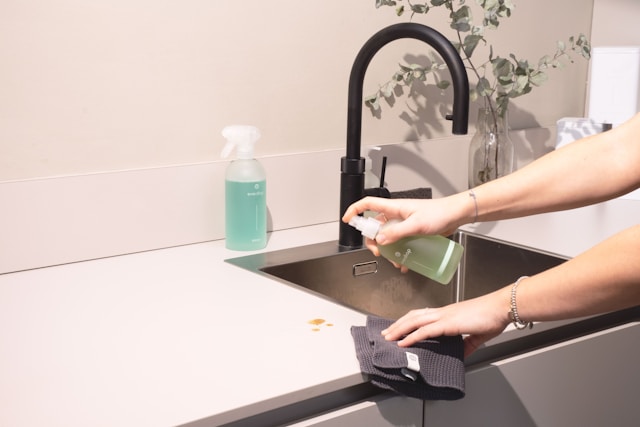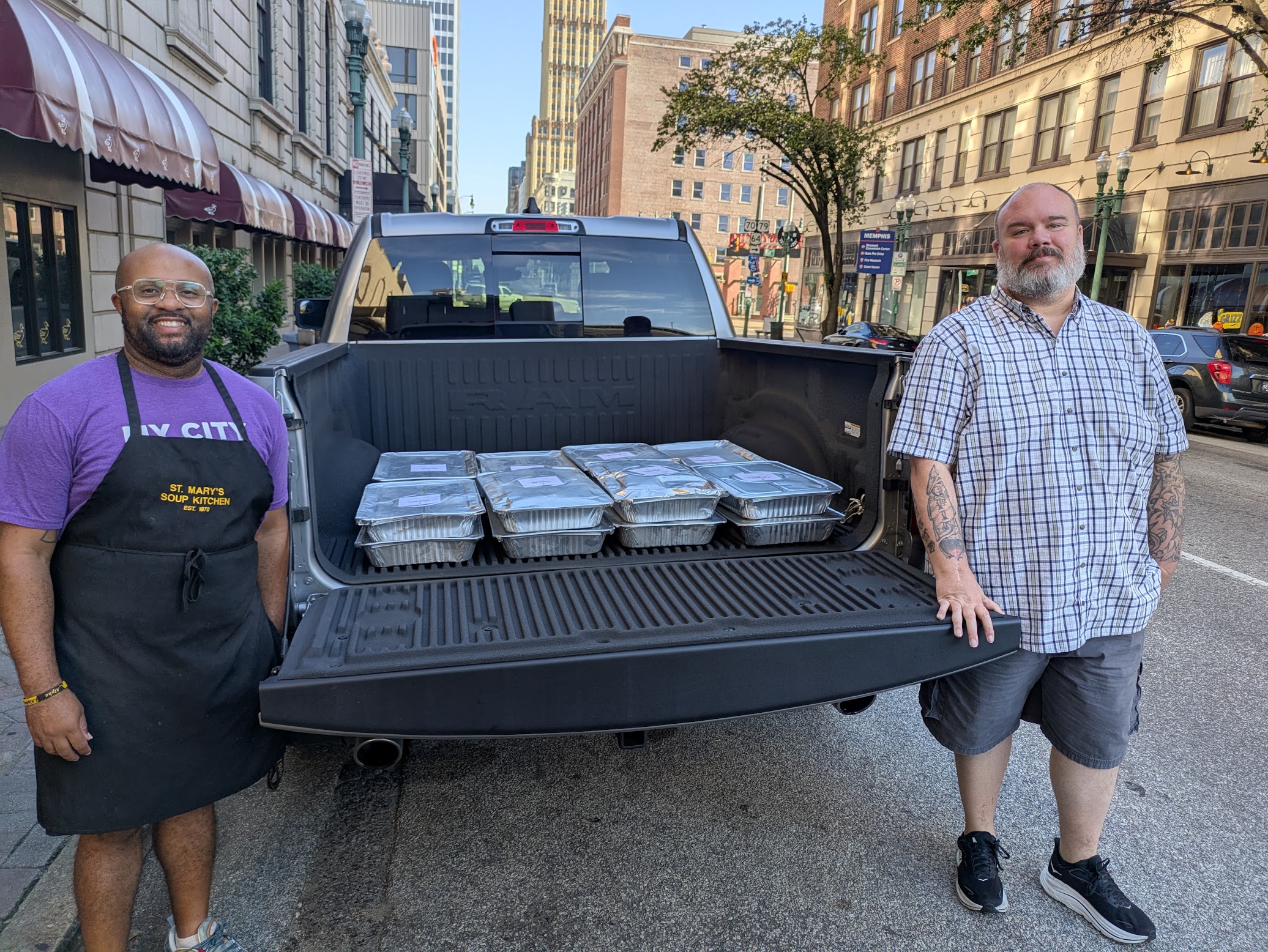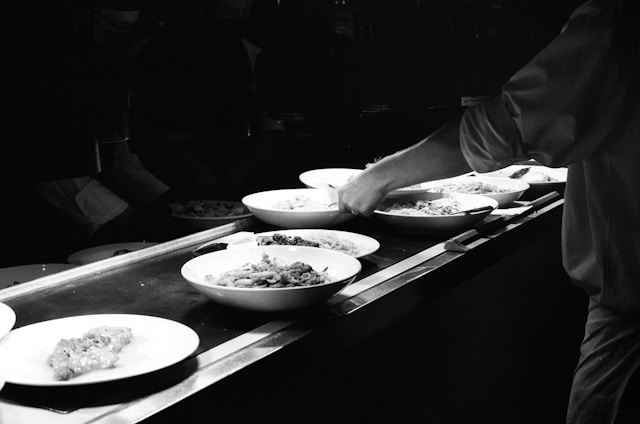Most of us want a clean home, but the store-bought sprays and scrubs we use often come with hidden costs – harsh chemicals that wash down the drain, pricey bottles that add up, and lots of unnecessary packaging.
The good news? The Tennessee Department of Environmental Conservation recently offered a wealth of natural cleaning tips that are effective, affordable, and food-safe. Even better, many of these solutions can be made from items you already have on hand, including food scraps that might otherwise go to waste.
By rethinking what you toss, you can cut down on waste and chemicals at the same time.
From food waste to cleaning power
Think about that lemon you forgot in the fridge. Instead of throwing it out, you can give it a second life as a cleaning powerhouse:
- Cutting boards: Slice the lemon in half, run it over the board, and let it sit for ten minutes before rinsing. For extra scrubbing power, sprinkle coarse salt before rubbing.
- Lime deposits and fixtures: Squeeze lemon juice onto faucets or sinks and let sit for a few minutes before wiping with a wet cloth.
- Garbage disposal: Cut up lemons or oranges, drop them in, run the disposal, and follow with a quick rinse for a natural deodorizer.
These are just a few examples of how you can use food that might otherwise spoil to maintain a clean, safe environment.
Surface solutions – no toxins required
Other natural cleaners can handle tough stains and everyday grime without introducing harmful chemicals into your workspace:
- Mold and mildew: Apply full-strength vinegar or lemon juice, let sit for 30 minutes, then scrub.
- Rust removal: Sprinkle salt on rust, soak with lime juice, and let sit for two to three hours. Use the leftover rind to scrub away residue.
- Windows and mirrors: Combine one part white vinegar with four parts water for a streak-free shine.
- Refrigerator cleaner: Mix a half cup baking soda into a bucket of hot water and wipe down the interior.
- Grill cleaning: Ball up aluminum foil to scrub the grates or place a perforated sheet over them to prevent buildup.
- Can opener blades: Use an old toothbrush soaked in full-strength vinegar to remove grease and residue.
- Marks on walls and painted surfaces: Remove by applying baking soda to a damp sponge, rubbing gently, and rinsing.
By using ingredients like vinegar, baking soda, and citrus – items that are inexpensive and often already in your kitchen – you can avoid toxic runoff and keep waste to a minimum.
Green cleaning supports sustainability
Switching to green cleaning products reduces chemical exposure, prevents pollutants from entering waterways, and demonstrates a commitment to sustainability.
Household food waste accounts for 40 to 50 percent of all food wasted in the United States, adding up to about 26.5 million tons of food every year.
By finding creative ways to repurpose scraps for cleaning, you can chip away at this staggering number while cutting down your grocery and cleaning bills.
Using food scraps for cleaning also turns potential waste into a resource, cuts landfill contributions, and lowers purchasing costs for specialized cleaners. That means a smaller environmental footprint and a more circular approach to resource use.
Waste-wise habits go beyond cleaning
Once you start swapping harsh cleaners for greener alternatives, the same mindset of using what you have, avoiding unnecessary purchases, and keeping would-be waste out of the trash easily can carry over to other areas, such as:
- Better food planning to lessen over-buying and spoilage.
- Creative use of surplus ingredients in meals.
- At-home composting of unavoidable food scraps.
- Switching to reusable cleaning cloths instead of disposable wipes.
Small, consistent changes build on each other, leading to measurable reductions in waste and costs.
Cleaner kitchen, cleaner community
Every person plays an essential role in shaping local food culture, and that includes how we think about waste. When others see you upholding sustainable practices, it sets an example that can ripple through the community. And when those practices include repurposing food scraps for cleaning, the message is even stronger: nothing good should go to waste.
The steps to cleaner, greener habits are simple and accessible. Look at what you already have before buying something new, choose products that are safe for people and the planet, and get creative with the items you’d otherwise throw away.




